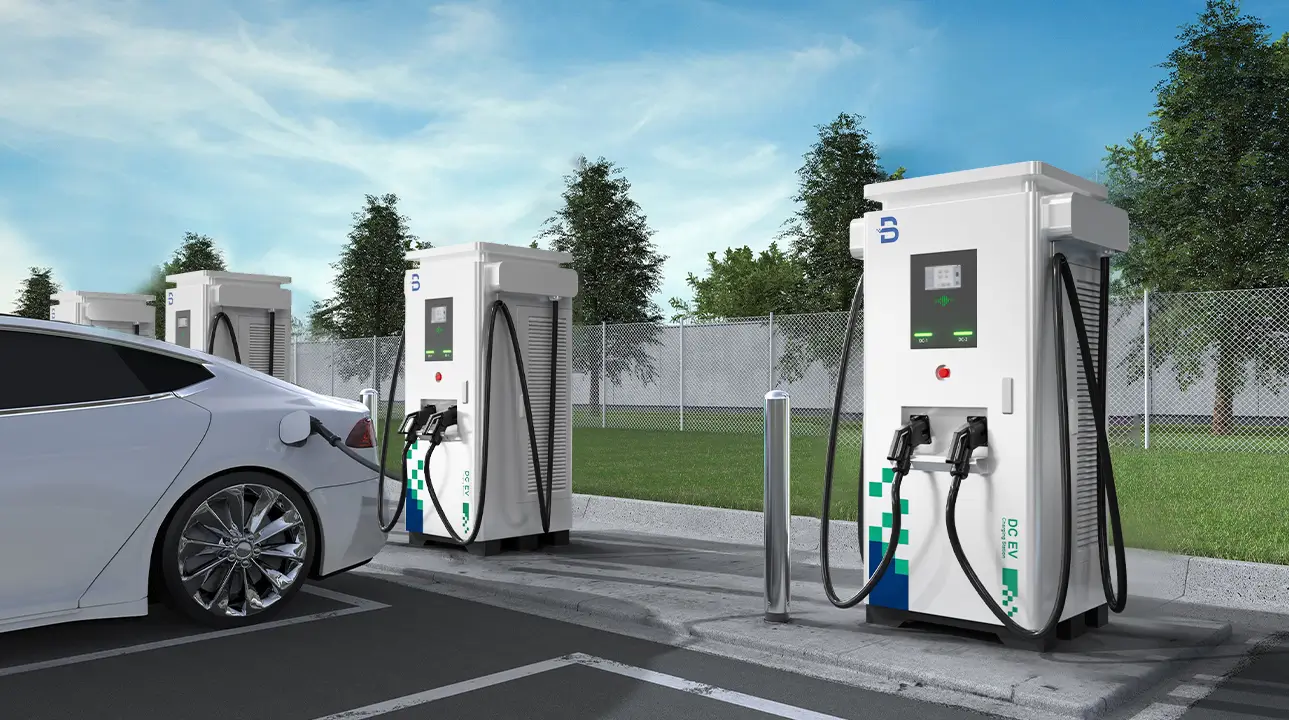Car companies will be required to report crashes involving advanced driver assistance systems under new rules proposed by the US National Highway Traffic Safety Administration (NHTSA).
The general order will apply to manufacturers of vehicles equipped with Level 2 driver assist systems through fully autonomous Level 5 systems, according to the Society of Automotive Engineers’ taxonomy for autonomous vehicles.
At Level 2, the vehicle can control both steering and acceleration and deceleration, but it falls short of self-driving because a human sits in the driver’s seat and can take control of the car at any time. Level 5 refers to a fully autonomous vehicle that can travel anywhere, under any conditions. Notably, there are not Level 5 vehicles in existence today.
“NHTSA’s core mission is safety. By mandating crash reporting, the agency will have access to critical data that will help quickly identify safety issues that could emerge in these automated systems,” said Steven Cliff, NHTSA’s acting administrator, in a statement. “In fact, gathering data will help instill public confidence that the federal government is closely overseeing the safety of automated vehicles.”
The decision is a stark departure from recent administrations, which have generally taken a hands-off approach to the nascent autonomous vehicle industry. Companies are typically inclined to share as little as possible in the interest of keeping costs low, protecting proprietary information, and controlling their narratives by preventing the release of embarrassing information.
And for a while, the federal government tended to agree, believing that requiring any data disclosure would be too onerous for the AV industry and possibly stymie research that hypothetically could lead to a reduction in fatal vehicle crashes. This laissez-faire attitude started during the Obama administration and continued under Donald Trump.
But the Biden administration is taking a different tactic. The Department of Transportation, under Secretary Pete Buttigieg, appears to be less allergic to the idea of automakers and tech companies being required to do the bare minimum and gather data related to the operation of partially and fully autonomous vehicles on public roads.
In a recent interview with The Verge, Buttigieg called autonomous vehicles “a moving target” with huge safety implications for everyone on the road, adding, “We need to lean in further, using our existing authorities, but also updating them.”
Currently, when a vehicle equipped with a partially autonomous system crashes, the onus is on local authorities to investigate and release information to the public. Occasionally, NHTSA and the National Transportation Safety Board will send investigators to the crash site as well. But the car company may not disclose anything publicly on the crash, depending on the level of interest. There is currently no standardized way to gather information about crashes involving Level 2 systems and above.
There are also no federal rules requiring AV companies to submit information about their testing activities to the government. Instead, a patchwork of state-by-state regulations governs what is and isn’t disclosed. California has the most stringent rules, requiring companies to obtain a license for different types of testing, disclose vehicle crashes, and list the number of miles driven and the frequency at which human safety drivers were forced to take control of their autonomous vehicles (also known as a “disengagement”). Unsurprisingly, AV companies tend to hate California’s requirements.
The automakers and tech companies are sure to weigh in eventually on this new rule, but NHTSA said the goal is to “identify potential safety issues and impacts resulting from the operation of advanced technologies on public roads and increase transparency.”
Since Tesla introduced Autopilot in 2015, there have been at least 11 deaths in nine crashes in the US that involved the driver assistance system. Internationally, there have been at least another nine deaths in seven additional crashes.
Some companies have proactively released data regarding crashes involving their automated vehicles. Last year, Waymo published 6.1 million miles of driving data in 2019 and 2020, including 18 crashes and 29 near-miss collisions. Other AV companies have expressed interest in doing the same but have yet to follow through. Tesla publishes a quarterly “safety report” about Autopilot but omits key details that would help identify patterns.
We don’t know yet whether this will be a harbinger of things to come, but it seems likely that the free ride enjoyed by automakers and tech companies with regard to autonomous vehicle testing and deployment could be coming to an end.





More Stories
Moon | Cartype
Rivian, Mercedes-Benz Joint Venture Paused
We Blew Up Our $5000 Drag Car ~ Can We Getting Fixed In Time? – Humble Mechanic